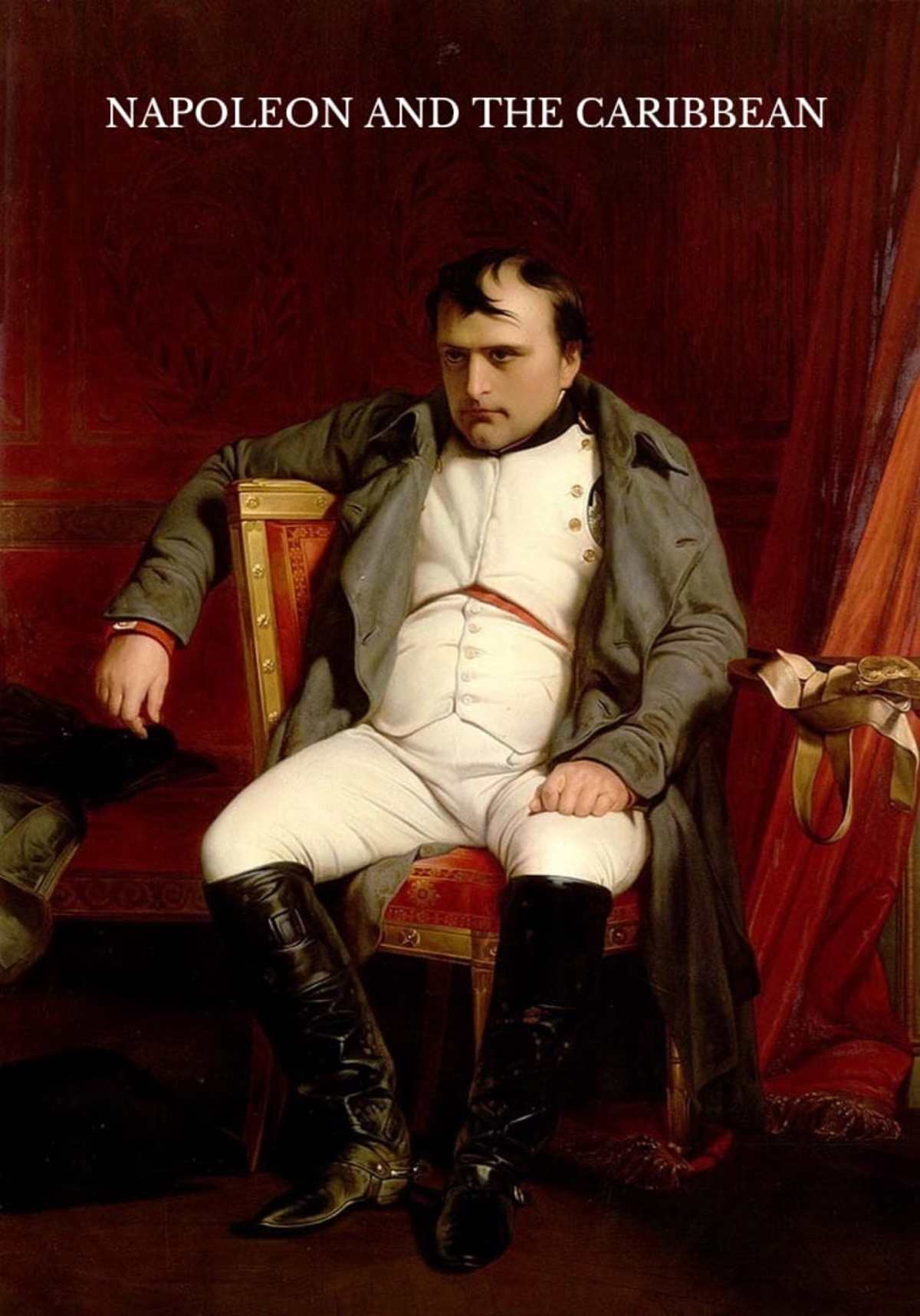Critics have been raking Ridley Scott’s new movie about Napoléon Bonaparte over the coals for its many historical inaccuracies.
As a scholar of French colonialism and slavery who studies historical fiction, or the fictionalization of real events, I was much less bothered by most of the liberties taken in “Napoleon” – although shooting cannons at the pyramids did seem like one indulgence too far.
I have argued elsewhere that historical fictions need not necessarily be judged by adherence to facts. Instead, inventiveness, creativity, ideology and, ultimately, storytelling power are what matter most.
But in lieu of offering a fresh and imaginative take on Napoléon, Scott’s film rehearsed the well-known battles of Austerlitz, Wagram and Waterloo, while erasing perhaps the most momentous – and consequential – of Bonaparte’s military campaigns.
As with every other Napoléon movie, Scott’s version will leave viewers with no understanding of the genocidal war to restore slavery that Bonaparte waged against Black revolutionaries in the French colony of Saint-Domingue – what’s known as Haiti today.
To me, leaving out this history is akin to making a movie about Hitler without mentioning the Holocaust.
